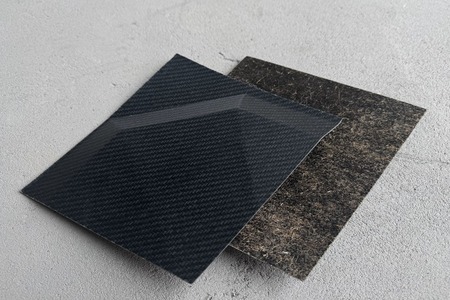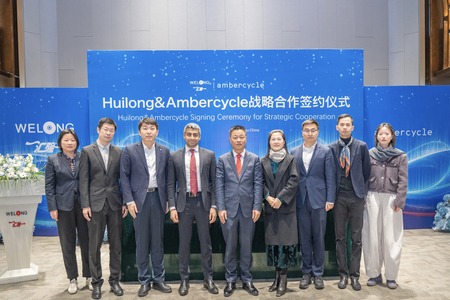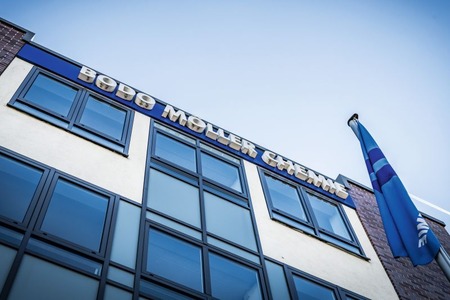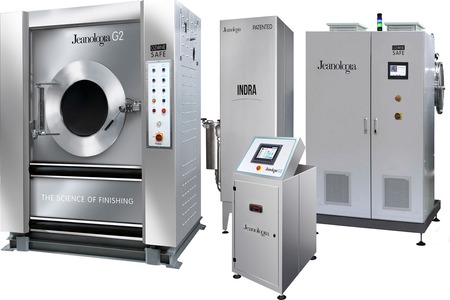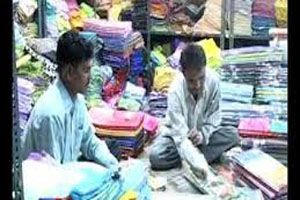
Dull business clouds encircle Surat textile industry this festive season
YarnsandFibers News Bureau 2014-10-06 17:30:00 – SuratDull business since past 4-5 months has created liquidity crunch among the man-made textile players, especially in the processing, dyeing and weaving value chain. This has led to reduced ability among the textile players to process orders for the festive season this month.
Liquidity crunch coupled with low market response is depriving the Surat-based synthetic textile industry of festive season cheer. Annually, the Surat based textile industry's turnover is pegged at roughly Rs 90,000 crore, of which Rs 40,000 crore alone comes from finished goods such as apparel and sarees, while rest is distributed into other verticals such as spinning, weaving, processing and fabric sales, among others.
According to Jitu Vakharia, president of South Gujarat Textile Processors Association (SGPA), the reduction in business for this festive season could be around 10-15 per cent. As even after elections, market response has hardly improved. Business is not moving at an expected pace. Neither demand nor sales are picking up leading to liquidity crunch among textile players, many of whom are yet to receive payments for sales of past 4-5 months. This has set back their ability to process orders for the festive season.
As against a festive season's sales of over Rs 3000 crore during last year's festive season, this year the industry expects to do 10-15 per cent less due to reduced capacity.
However, according to Rakesh Chaudhary, executive director of South Gujarat Textile Exporters' Association (SGTEA), the slackening has not taken place in terms of festive orders.
Orders seem to be more or less similar to last year. It is the ability to fulfill the orders that has seen an impact due to liquidity crunch. Add to that, due to the market scenario, even banks are taking more time to process working capital requirements of the industry.
Further impact on its raw material prices is anticipated by the industry due to the anti-dumping duty imposition on polyester imports from China, Korea and other countries. It also qualms that the duty imposition may result in monopolistic pricing as there are limited domestic manufacturers of such raw materials which include purified terephtalic acid (PTA) and monoethylene glycol (MEG). They are the primary raw materials used in the manufacture of polyester fiber.
Market Intelligence
Ask for free sample Report

experience
Customer Base
dedicated team
Countries Served Worldwide




